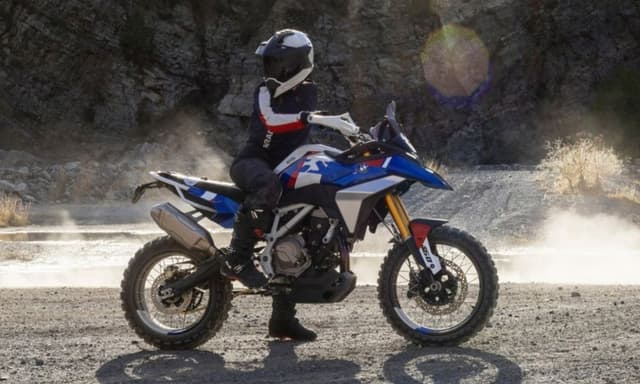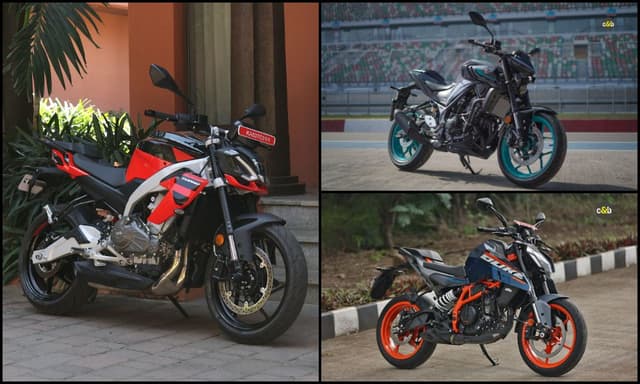Independent Suspension Explained And If It's Right For You

Highlights
To define it in simple terms, a suspension is the system of tires, springs, shock absorbers, and linkages that connects the wheels to the rest of the vehicle, ensuring relative motion between the two which propels the vehicle forward or backward. It can also absorb the harshness of the road. Suspension systems must support ride quality and road handling, and both should not throw each other off the track. Hence, finding the right compromise between the two is imperative.
Independent suspension allows each wheel on the same axle to move independently of the others. The ability of each wheel to address the road without interference from others offers a smoother ride, better safety, more stability, more comfort, and better traction on the road.
Having said that, we must address that independent suspension is not always ideal. For example, trucks that carry heavy loads require a stabler camber setting between the wheels. Independent suspension would not be a good choice in such a scenario, and one should opt for dependent or semi-dependent suspension.

However, vehicles that can achieve relatively higher speeds without affecting the safety of the passengers—like sports cars—would always require independent suspension to evade the shock absorbed at such high speeds from getting reverberated across the vehicle.
Different kinds of independent suspension:
-
Double wishbone suspension is designed using two wishbone-shaped arms to locate the wheel. The design ensures that the engineer is able to control the motion of the wheel through suspension travel and can also control the essential parameters such as camber angle, caster angle, etc.

-
The multi-link suspension uses three or more lateral arms and one or more longitudinal arms—they can be of unequal length—to locate the wheel. This is used in the Mercedes Benz W201 and W124 series.

-
MacPherson Strut is the most widely used front suspension system that utilizes a strut-type spring and shock absorber that cooperate to pivot on a single ball joint. This system had been adopted by BMW, Porsche, and Ford cars. Now, it is popular among all car manufacturers for front suspension designs.

To conclude, it entirely depends on the kind of vehicle and its purpose on the road to decide if an independent suspension should be used or not. In general, most of the modern vehicles use independent front suspension while a few also have independent rear suspension, i.e., the rear wheels are independently sprung. On average, independent systems are more comfortable and cost-effective as compared to other kinds of suspension systems.














